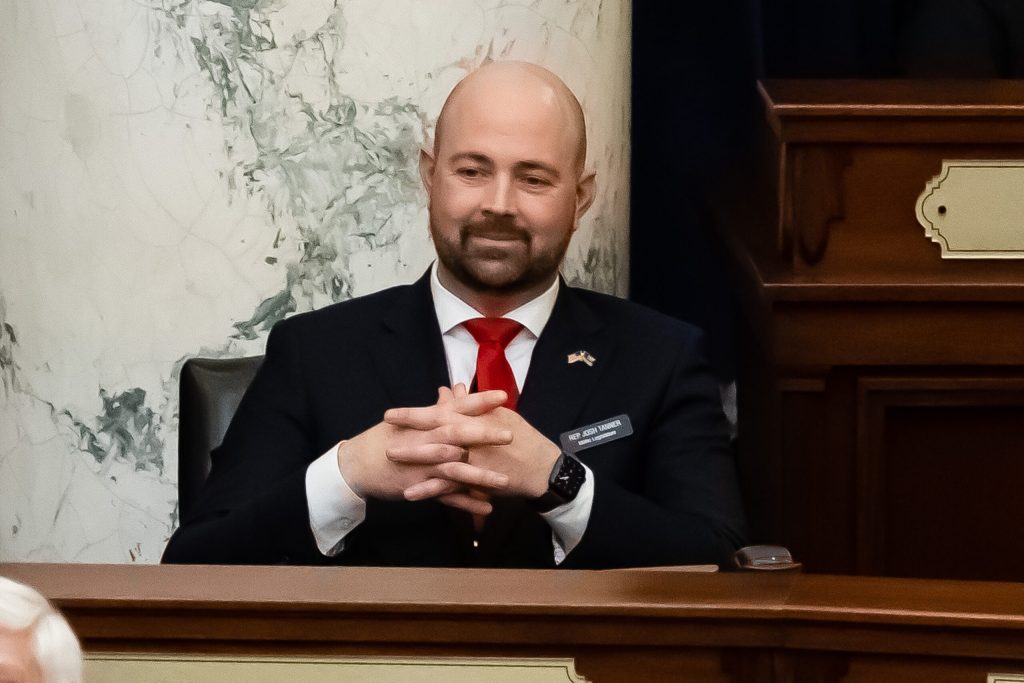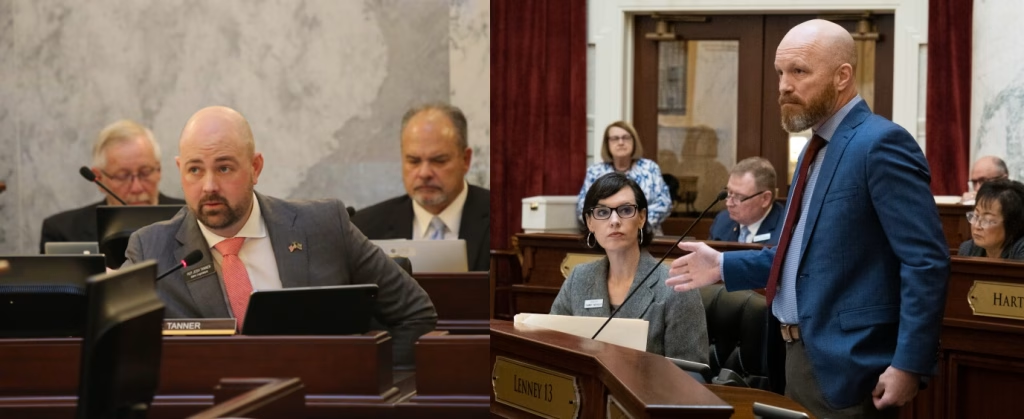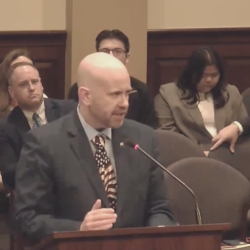Earlier this week, the Supreme Court declined to rule in Moyle v. United States with regards to whether or not Idaho’s Defense of Life Act violates the Emergency Medical Treatment and Labor Act (EMTALA), choosing instead to return the case to a lower court.
While this is not the outcome that pro-life activists in Idaho were hoping for, it’s not a victory for the pro-abortion side either. Instead, it postpones the question about whether or not federal law can supersede a state’s ban on abortion in the wake of Dobbs v. Jackson Women’s Health.
EMTALA, passed in 1986 and signed by President Ronald Reagan, mandates that any hospital with emergency services that accepts Medicare must treat medical emergencies, regardless of a person’s ability to pay. The law as written says nothing about abortion, but the federal government has expanded its scope in recent years to include abortion in cases where doctors determine it to be necessary to save the life or health of a pregnant mother.
Idaho’s Defense of Life Act, passed in 2020, made it a crime for doctors to perform abortions except in cases of rape, incest, and when the life of the mother was threatened. This potentially conflicted with the way in which the government has interpreted EMTALA, leading to the Biden Administration’s lawsuit against Idaho.
Idaho’s other law banning abortion, the Heartbeat Law, included exceptions for medical emergencies, which meant it was not affected by this decision at this time.
The District Court of Idaho had issued an injunction against the Defense of Life Act in emergency medical situations, and now the case returns to that jurisdiction for further argument. However, the 5th Circuit Court of Appeals recently ruled that Texas’ abortion ban does not conflict with EMTALA, so it is almost certain that the Supreme Court will hear this issue again in the future.
Despite seeming like a defeat for the pro-life cause, that is not necessarily the case. Blaine Conzatti, president of the Idaho Family Policy Center, expressed optimism on an Instagram broadcast this morning:
We’re disappointed in this decision, but we don’t want to overstate the implications… It’s not going to have a profound impact on preborn babies or their mothers in Idaho.
For their part, Planned Parenthood isn’t treating this decision as a victory. In a fundraising email sent to supporters this week, Rebecca Gibron, CEO of Planned Parenthood Great Northwest, said she was “appalled and angry” at the decision:
The same court that put our country’s reproductive health care into a tailspin when it overturned Roe two years ago is once again proviing it is unable to do the right thing.
Attorney General Raúl Labrador, whose office defended Idaho’s law before the Supreme Court, issued a statement that focused on the positive outcomes:
The Supreme Court sent the case back to the 9th Circuit today after my office won significant concessions from the United States that Justice Barrett described as ‘important’ and ‘critical.’ Today, the Court said that Idaho will be able to enforce its law to save lives in the vast majority of circumstances while the case proceeds. The Biden administration’s concession that EMTALA will rarely override Idaho’s law caused the Supreme Court to ask the 9th Circuit for review in light of the federal government’s change in position. Justice Barrett wrote, those concessions mean that Idaho’s Defense of Life Act ‘remains almost entirely intact.’ The 9th Circuit’s decision should be easy. As Justice Alito explained well: the Biden Administration’s ‘preemption theory is plainly unsound.’ I remain committed to protect unborn life and ensure women in Idaho receive necessary medical care, and I will continue my outreach to doctors and hospitals across Idaho to ensure that they understand what our law requires. We look forward to ending this Administration’s relentless overreach into Idahoans’ right to protect and defend life.
It seems clear that the vast majority of abortions remain illegal in the state of Idaho. Beyond the tangible benefit of saving preborn lives, these laws establish a standard for how our state treats the most vulnerable human beings in existence. By banning abortion, as well as banning gender mutilation surgeries for children, Idaho is setting a national standard with regards to defending and protecting innocent lives.
About Brian Almon
Brian Almon is the Editor of the Gem State Chronicle. He also serves as Chairman of the District 14 Republican Party and is a trustee of the Eagle Public Library Board. He lives with his wife and five children in Eagle.














One Comment
Comments are closed.